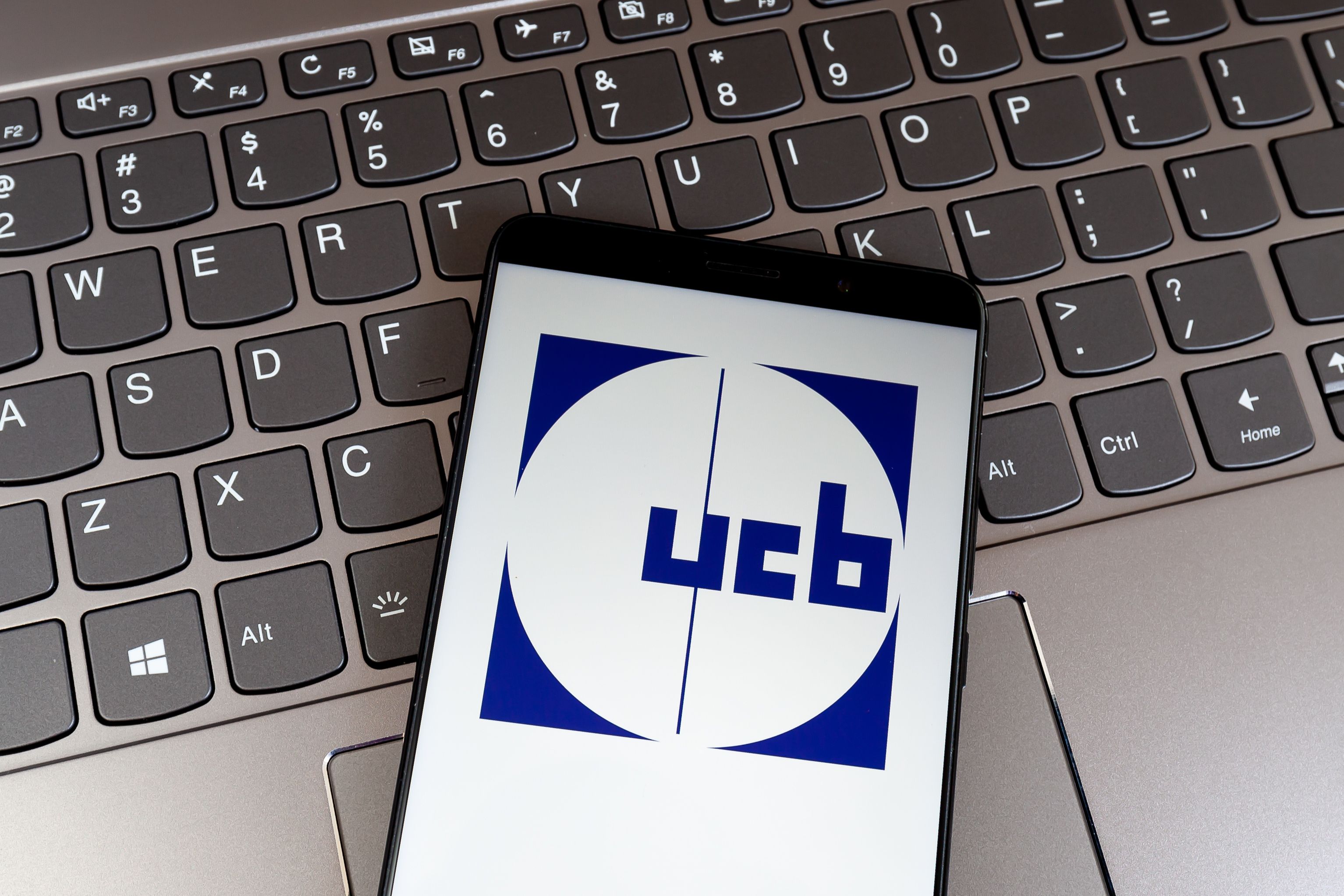- Acne
- Actinic Keratosis
- Aesthetics
- Alopecia
- Atopic Dermatitis
- Buy-and-Bill
- COVID-19
- Case-Based Roundtable
- Chronic Hand Eczema
- Chronic Spontaneous Urticaria
- Drug Watch
- Eczema
- General Dermatology
- Hidradenitis Suppurativa
- Melasma
- NP and PA
- Pediatric Dermatology
- Pigmentary Disorders
- Practice Management
- Precision Medicine and Biologics
- Prurigo Nodularis
- Psoriasis
- Psoriatic Arthritis
- Rare Disease
- Rosacea
- Skin Cancer
- Vitiligo
- Wound Care
News
Article
UCB's Bimekizumab is Now Available
Author(s):
Bimekizumab is the first dual IL-17 A/F inhibitor to treat moderate-to-severe plaque psoriasis. It launches with a list price of $7,200 per syringe.
UCB has launched Bimzelx (bimekizumab-bkzx) to treat adults with moderate-to-severe plaque psoriasis. It is available as an autoinjector and a pre-filled syringe. The list price is $7,200 per syringe. The recommended dosage is 320 mg (given as two subcutaneous injections of 160 mg each) at weeks 0, 4, 8, 12, and 16, then every 8 weeks thereafter.
Commercially insured patients may be eligible to receive bimekizumab for $5 a dose. UCB will provide bimekizumab for $15 a dose for 2 years if insurance coverage is delayed or denied. The company indicates that this assistance is for the benefit of patients and “is intended to be credited in full toward patient out-of-pocket obligations and maximums, including applicable co-payments, coinsurance, and deductibles.” Patients also have access to a nurse navigator.
Bimekizumab is available through more than 20 specialty pharmacies, including CVS Specialty Pharmacy and Optum Specialty Pharmacy. A full list of the participating pharmacies can be found here.
Psoriasis affects more than 7.5 million adults in the United States and impacts much more than the skin itself. In plaque psoriasis, overactive immune cells produce too many proteins, causing plaques to form on the skin’s surface. Bimekizumab is designed to selectively inhibit 2 key cytokines that drive inflammation – interleukin 17A (IL-17A) and interleukin 17F (IL-17F).
The FDA approved bimekizumab on October 18, 2023, based on data from three phase 3 trials (BE READY, BE VIVID, and BE SURE), which evaluated the efficacy and safety of bimekizumab in 1480 adults with moderate to severe plaque psoriasis. All studies met their co-primary end points and all ranked secondary endpoints. In the phase 3 trials, at week 16, 85% to 91% of patients treated with bimekizumab achieved clear or almost clear skin, with 59% to 68% achieving the goal of complete clearance.
Additionally, patients treated with bimekizumab achieved greater levels of skin clearance at week 16 compared with those who received Stelara (ustekinumab) in the BE VIVID trial and compared with Humira (adalimumab) in the BE SURE trial. The most common adverse reactions are upper respiratory infections, oral candidiasis, headache, injection site reactions, tinea infections, gastroenteritis, herpes simplex infections, acne, folliculitis, other Candida infections, and fatigue.
“The approval of bimekizumab will provide an important new treatment option for adults living with moderate-to-severe plaque psoriasis,” Leah McCormick Howard, JD, president and CEO of the National Psoriasis Foundation, said in a press release when the therapy was approved. “Our hope is that new treatments translate into improved outcomes for many and help alleviate the physical and emotional burden of psoriasis.”
[This article was originally published by our sister brand, Formulary Watch.]
Newsletter
Like what you’re reading? Subscribe to Dermatology Times for weekly updates on therapies, innovations, and real-world practice tips.








